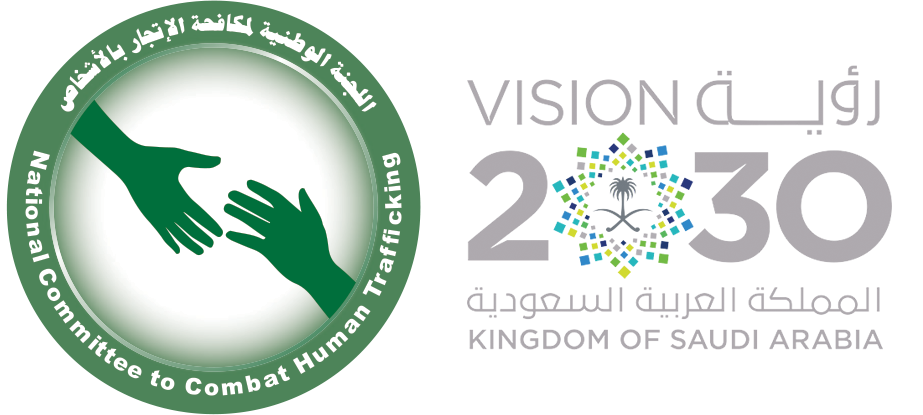UNODC virtually launches new measures on Anti-Human-Trafficking in Saudi Arabia
Source: www.unodc.org/unodc/en/
Saudi Arabia, 8 April 2020 - The United Nations Office on Drugs and Crime (UNODC) Office for the Gulf Cooperation Council Region (OGCCR) is utilizing information and communications technology for the delivery of capacity building in the Kingdom of Saudi Arabia amidst the COVID-19 crisis.
An online workshop was delivered in early April to the counterparts of the National Committee for Combating Human Trafficking (NCCHT) on the “Implementation of National Referral Mechanism” with 42 participants including 13 women. The National Referral Mechanism (NRM) was launched on 31 March by the NCCHT in cooperation with UNODC and IOM.
This was one of the planned activities of a recently initiated project supporting the NCCHT in leading and coordinating national efforts towards effectively preventing, suppressing and punishing trafficking in persons (TiP), while providing victims with adequate protection, support and care, to fulfil the Kingdom’s relevant international obligations.
“The fact that the capacity-building program continues even during this unfortunate pandemic, reflects the commitment and determination of the Kingdom toward improving the national response toward trafficking in persons cases,” said Hatem Aly, Regional Representative of UNODC OGCCR. He continued, “it is our pleasure and duty to partner with the NCCHT, to provide our tools and expertise to help implement these important national reforms.”
With an estimated 13 million foreign workers (38.3 per cent of an overall population of 34 million people), this move stands to dramatically improve protection measures for a significant number of people. Men and women – primarily from South and Southeast Asia and Africa – voluntarily migrate to Saudi Arabia to work in a variety of sectors, including construction and domestic service. While these workers send valuable remittances to their home countries, some workers can become vulnerable to forced labor.
According to Mohamed El Zarkani, IOM Bahrain’s Chief of Mission, “The launch of the NRM is a key milestone in the fight to combat trafficking in persons in the Kingdom of Saudi Arabia.” He added that, “We are working in harmony, simultaneously, with a leading UNODC program focusing on partnership, prosecution, and data management. The collaboration shows a welcome and timely step into international collaboration on the subject of trafficking.”
The unveiling of the Mechanism coincides with the launch of an anonymous digital reporting service, embedded in the NCCHT website, for persons with information on possible human-trafficking violations. The referral service will be expanded to include a 24/7 hotline and mobile application currently under development.
“Human trafficking is an affront to the dignity of all humanity,” said Awwad Alawwad, Chair of the NCCHT. “It is our duty to eradicate this heinous practice and I am proud to report that the launch of the National Referral Mechanism is a major step to that end. The Mechanism will be complemented by additional human rights reforms which will further improve the quality of life of all citizens and residents of the Kingdom – barring none.”




